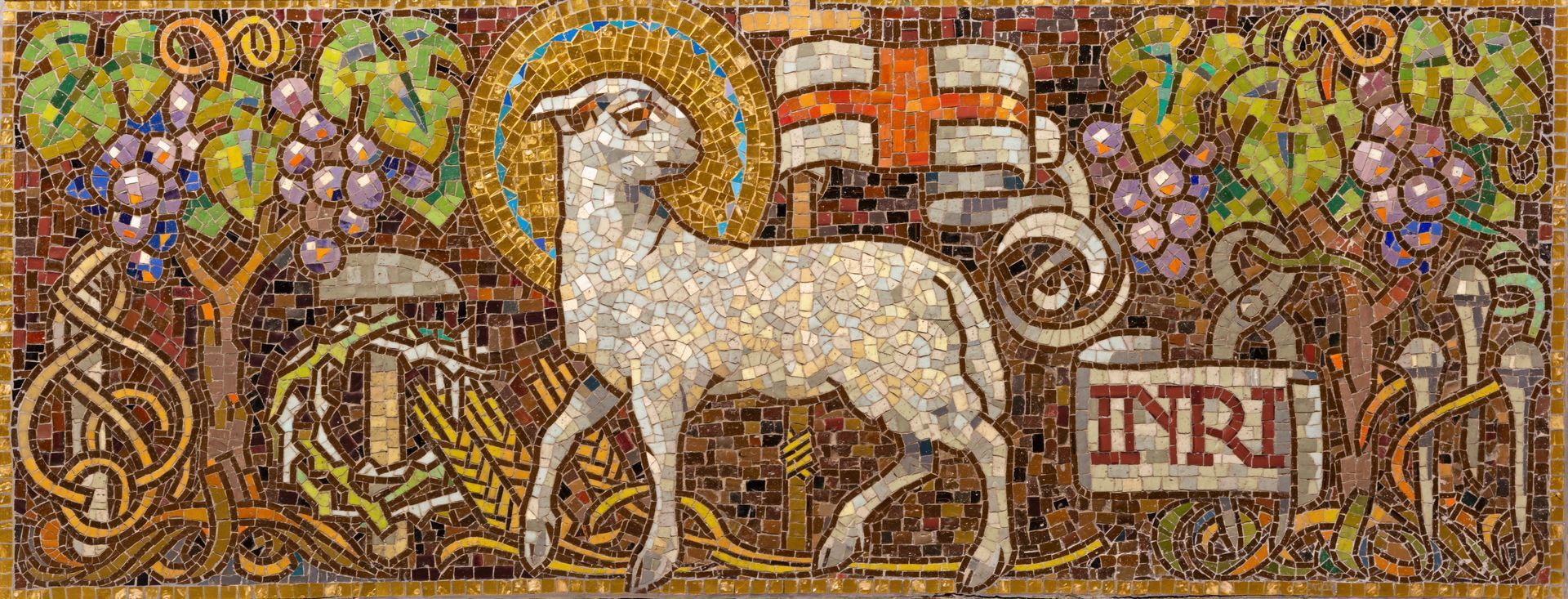Exiit qui seminat
The Act of Contrition and words of absolution get new translations

There is an idiomatic expression in Italian, "Traduttore, traditore", meaning 'The translator is a traitor'. It speaks to the reality that when you translate something from one language to another, it is impossible to fully understand all of the cultural nuances and meanings embedded in words. In American English, we often say that we love our families. We love our pets. We love our favorite foods. We love a particular movie or book. We can love watching a sport or a particular activity. All of these statements use the same verb, but in different ways and intensities. The Church faces this "issue" all the time. The official language of the Church is Latin (with a little bit of Greek thrown in for good measure). All of the official liturgical books and most of the official documents are in Latin. Even the Bible, which is in Aramaic, Hebrew and Greek is translated into the Latin Vulgate, the official translation of Sacred Scripture for the Church and then translated into the language of a particular nation or group. Since the Second Vatican Council, the Church constantly strives to find the best translations into the vernacular of her original Latin texts. In terms of the liturgical books for the celebration of Mass and the Sacraments, the Church has emphasized a more inclusive and uniform use of Sacred Scripture. Since 2011, the Catholic Church in America has seen a new translation of the Roman Missal, the Roman Pontifical (the book that contains the rites and ceremonies usually celebrated by bishops like Confirmation and Ordinations), the Order of Holy Matrimony and the Order of Baptism. A new Order of Penance will go into full effect on Divine Mercy Sunday of this year, but starting from this past Ash Wednesday, priests are able to use the new rite, sort of like a liturgical Spring Training (go Phils!). The new Order of Penance makes two subtle changes to the Prayer of Absolution. The changes are a more faithful and nuanced translation of the Latin prayer:
God, the Father of mercies, through the Death and Resurrection of his Son has reconciled the world to himself and poured out the Holy Spirit for the forgiveness of sins (effúdit in remissiónem peccatórum); through the ministry of the Church may God grant (tibi tríbuat) you pardon and peace. And I absolve you from your sins, in the name of the Father, and of the Son, and of the Holy Spirit. Amen.
The Order also includes 10 different Acts of Contrition for the faithful to use. Before you start to panic, all of the versions of the Act of Contrition, including the ones that we learned growing up, are still able to be used. The parish has ordered some pamphlets with the new Rite of Individual Penance and we'll be looking into some of the options that are now available to us for future penance services and catechesis. While change is often difficult, we can use this opportunity to renew and deepen our understanding of our Lord's mercy and the great sacrament that. He has given His Church for the forgiveness of sins.
Fr. Rob Sinatra













